- Barajar
ActivarDesactivar
- Alphabetizar
ActivarDesactivar
- Frente Primero
ActivarDesactivar
- Ambos lados
ActivarDesactivar
- Leer
ActivarDesactivar
Leyendo...
Cómo estudiar sus tarjetas
Teclas de Derecha/Izquierda: Navegar entre tarjetas.tecla derechatecla izquierda
Teclas Arriba/Abajo: Colvea la carta entre frente y dorso.tecla abajotecla arriba
Tecla H: Muestra pista (3er lado).tecla h
Tecla N: Lea el texto en voz.tecla n
![]()
Boton play
![]()
Boton play
![]()
78 Cartas en este set
- Frente
- Atrás
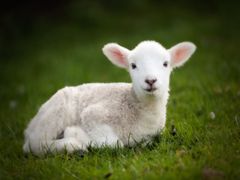
Lamb
|
"mb" When this combination was at the end of the word we are not going to pronounce the b.
|
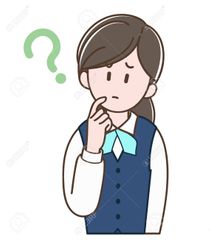
doubt
|
"bt" We must not pronounce the B in this combination.
|
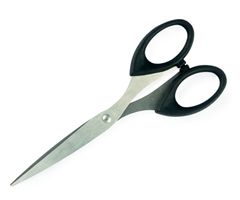
scissors
|
"sc" We must not pronounce the C in this combination it is just a /s/ sound.
|

acknowledge
|
"ck" Both letters are going to be merged in one single sound: /k/
|

acquaintance
|
"cqu" The C is going to be absorbed by the QU sound: /kw/
|
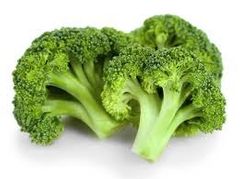
broccoli
|
We are going to use a double C, when in a V+C+V structure the first vowel has to be a short vowel.
/ˈbrɑː.kəl.i/ |

accident
|
We are going to use a double C when the first sound is a /k/ and the second one is a /s/. /ˈæk.sə.dənt/
|

cent
|
In this combination "ce" the sound of the C has to be a /s/ sound, not a /k/ sound.
/sent/ |

city
|
In the combination "ci" we are going to use a /s/ sound for the letter C instead of a /k/ sound.
/ˈsɪt̬.i/ |

kilogram
|
To use the /k/ sound with a letter "i", we must use the letter "k", we can not use the letter "c".
/ˈkɪl.ə.ɡræm/ |

kelp
|
To use the /k/ sound with a letter "e", we must use the letter "k", we can not use the letter "c".
/kelp/ |
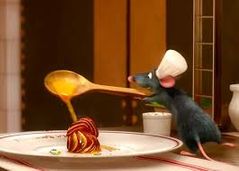
Cook
|
If the /k/ sound is at the beginning of the world, we must use the letter "C"
If the /k/ sound is at the end of the world, we must use the letter "k" |
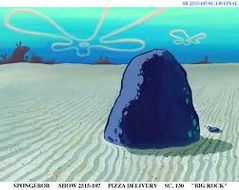
Rock
|
We are going to use "ck" to represent the /k/ sound at the end of a word if:
1. It is monosyllabic. 2 The letter behind the /k/ sound is a short vowel. |

Handsome
|
Sometimes, in the combination "nd" the letter D is not going to be pronounced.
handsome /ˈhæn.səm/ |
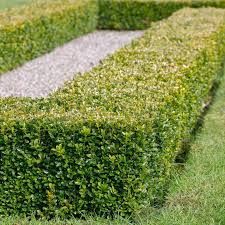
hedge
|
The combination of the letters "dg" in a word is going to create the sound /dʒ/
Hedge /hedʒ/ |

second floor
|
As the /t/ sound, the /d/ sound is going to be stopped when this is at the end of the word.
|
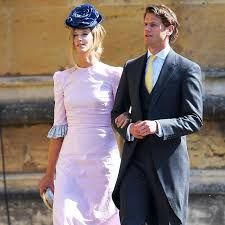
wife
|
A noun ending in "-f" or "-fe" is going to be conjugated as "-ves" in the plural form.
wife > wives |

cliff
|
We are not going to conjugate a noun ending in "f" if this ends in a double f.
cliff > cliffs |

puff
|
We must double the F at the end of a word if:
- 1. It is a monosyllabic word - 2. The letter before the F is a short vowel. puff /pʌf/ |

giraffe
|
The letter G has two sounds, one of them is the Soft Sound, which is pronounced as a /dʒ/ sound.
We must use it in the combinations of "gi", "ge" & "gy". Giraffe /dʒɪˈræf/ |

game
|
The letter G has two sounds, one of them is the Soft Sound, which is pronounced as a /g/ sound.
We must use it in the combinations: "ga", "go" & "gu". Game /ɡeɪm/ |
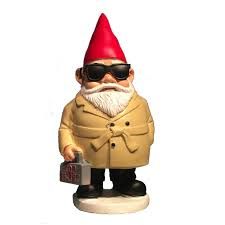
gnome
|
When the combination "gn" is at the beginning of the word, we do not pronounce the letter G.
gnome /noʊm/ |
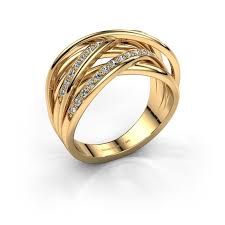
ring
|
The combination "ng" is going to create the sound: /ŋ/
ring /rɪŋ/ |

Jog
|
We must double the letter G in the conjugation of the words if:
1. It is a monosyllabic noun. 2. The letter G is at the end. 3. The letter before the G is a short vowel. jog > jogging > jogged |
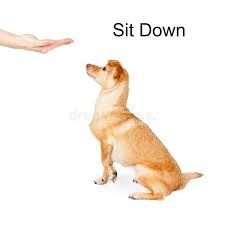
sit
|
In monosyllabic words with one single vowel, we must use a sort sound for such vowel.
sit /sɪt/ |

witness
|
In the structure:
vowel+consonant+consonat+vowel Both vowels must have short sounds. witness /ˈwɪt.nəs/ |

bacon
|
In the structure (the most common in English):
vowel+consonant+vowel The first vowel must be long, and the second one, short. |
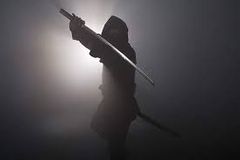
ninja
|
If the letter A is at the end of the word, its sound will be a schwa.
ninja /ˈnɪn.dʒə/ |

orange
|
The letter E at the end of the word always will be silent.
Orange /ˈɔːr.ɪndʒ/ |

taxi
|
The letter I at the end of the word will sound as: /i/
taxi /ˈtæk.si/ |

hero
|
The letter O at the end of the word will sound as: /oʊ/
Hero /ˈhɪr.oʊ/ |
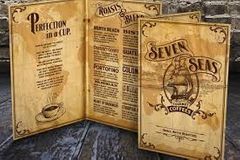
menu
|
The letter U at the end of the word will sound as: /juː/
menu: /ˈmen.juː/ |
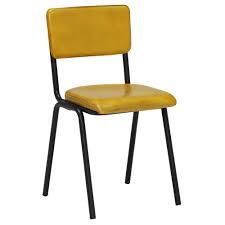
chair
|
The most common sound for the digraph CH is /tʃ/
chair /tʃer/ |

machine
|
In the words that come from the French, the digraph CH is pronounced as /ʃ/
machine /məˈʃiːn/ |

school
|
Sometimes the digraph CH is going to be a /k/
school /skuːl/ |
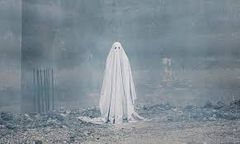
ghost
|
The digraph GH at the beginning of the word is going to make the sound /ɡ/
/ɡoʊst/ |

cough
|
The digraph GH at the end of the word, in some cases, is going to make the sound /f/
cough /kɑːf/ |

light
|
Sometimes the digraph GH in the middle of the word is going to be muted.
light /laɪt/ |
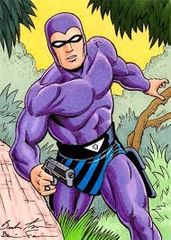
phantom
|
The digraph PH has a /f/ sound
phantom /ˈfæn.t̬əm/ |
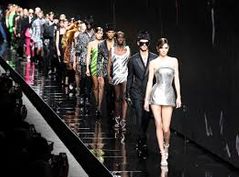
fashion
|
the digraph SH has a /ʃ/ sound
fashion /ˈfæʃ.ən/ |

knight
|
In the combination "kn" the letter K will be silenced if it's at the beginning of the word.
knight /naɪt/ |

could talk
|
In some particular words, we are not going to pronounce the letter L. There is no rule to know when we have to do that.
could /kʊd/ talk /tɑːk/ |
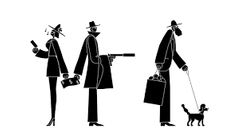
kill
|
We must double the final L in a word when:
1. It is monosyllabic. 2. The letter before the L is a short vowel. |
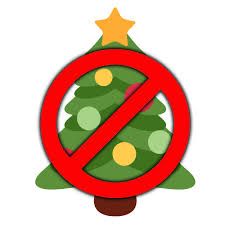
cancel
|
If a word ends in an L, we must double that L when we conjugate that word. Apparently, this does not occur in American English, just in British.
cancel > cancelled <cancelling |

follow
|
If in a structure V+C+V, with an L as consonant the first vowel has to be a short vowel, we are going to double the L.
|

ban
|
We must double the letter N in a word when we conjugate it if:
1. The N is at the end of the word. 2. It is a monosyllabic word. 3. The letter before the N is a short vowel. ban > banned > banning |

column
|
If the combination "mn" is at the end of the word, the letter N has to be silenced.
column /ˈkɑː.ləm/ |

psychology
|
If the combination "ps" is at the beginning of the word we must not pronounce the letter P.
Psychology /saɪˈkɑː.lə.dʒi/ |

pneumatic
|
If the combination "pn" is at the beginning of the word we must not pronounce the letter P.
pneumatic /nuːˈmæt̬.ɪk/ |

map
|
We must double the letter P when we are conjugating a word if:
1. The word is monosyllabic. 2. The letter P is at the end of the word. 3. The letter before the P is a short vowel. map > mapping > mapped |
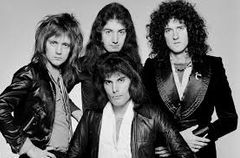
queen
|
The letter Q is ALWAYS accompanied by a letter U making a digraph, and its sound is always /kw/
Queen /kwiːn/ |

liquor
|
Some words which come from french will pronounce the QU with a /k/ sound.
liquor /ˈlɪk.ɚ/ |

use
|
In words used as verbs, we pronounce the letter S with the /z/ sound. use /juːz/
If the same word is used as a noun, adjective, or adverb; we will use the /s/ sound. use /juːs/ |

vision
|
Sometimes the letter S is pronounced with a /ʒ/ sound. There is no rule to identify when we have to do it.
vision /ˈvɪʒ.ən/ |

husband
|
In some words, the letter S has to be pronounced with the /z/ sound instead of the /s/ sound. There is no rule to identify when we have to do it.
|

future
|
In some words, the letter T is pronounced with the sound /tʃ/
future /ˈfjuː.tʃɚ/ |

nation
|
In some words, the letter T is pronounced with the sound /ʃ/
nation /ˈneɪ.ʃən/ |

computer
|
If the letter T is between two vowels, we must pronounce it as a flat T /t̬/
computer /kəmˈpjuː.t̬ɚ/ |

bottle
|
If the letter T is between a letter L and a vowel, we must pronounce it as a flat T /t̬/
bottle /ˈbɑː.t̬əl/ |
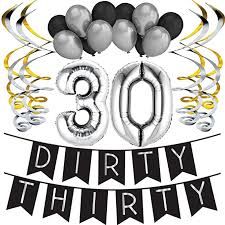
thirty
|
If the letter T is between a letter R and a vowel, we must pronounce it as a flat T /t̬/
thirty /ˈθɝː.t̬i/ |

international
|
If the combination "nt" we must not pronounce the letter T.
International /ˌɪn.ɚˈnæʃ.ən.əl/ |

mountain
|
In some words, the combination "nt" is going to swallows some surrounding sounds.
mountain > mountn |
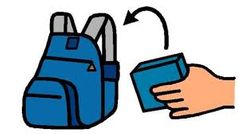
put
|
We must double the T when we make conjugation if:
1. The letter T is at the end of the word. 2. It is a monosyllabic word. 3. The letter before the T is a short vowel. put > putting > putted |

savvy
|
The letter V is not doubled. But there are a few new words that follow the rule C+VV+C.
savvy /ˈsæv.i/ |

cave
|
A word ending in a /v/ sound ALWAYS has to be followed by a mute letter E.
/keɪv/ cave |

write
|
If the combination "wr" is at the beginning of the word the letter W must be silenced.
write /raɪt/ |
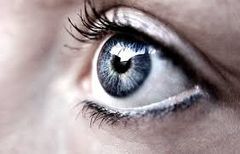
saw
|
If the combination "aw" is at the beginning of the word the sound of that digraph will be: /sɑː/
saw /sɑː/ |
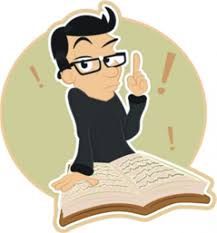
know
|
If the combination "ow" is at the beginning of the word the sound of that digraph will be: /oʊ/
know /noʊ/ |

few
|
If the combination "ew" is at the beginning of the word the sound of that digraph will be /juː/
few /fjuː/ |

extra
|
if the stress of the word is before the letter X, the sound of that letter will be: /k.s/
extra /ˈek.strə/ |
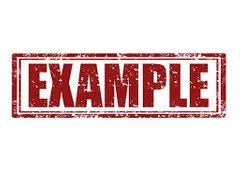
example
|
if the stress of the word is after the letter x, the sound of that letter will be: /ɡˈz/
example /ɪɡˈzæm.pəl/ |

luxury
|
In some words, the pronunciation of the X will be /k.ʃ/ or /k.s/; especially in the combinations "xu", "xi".
luxury /ˈlʌk.ʃɚ.i/ |
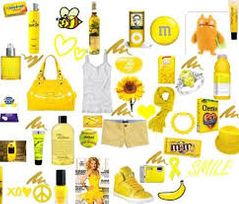
yellow
|
If we are using the letter Y as a consonant, this one will have the sound /j/
Yellow /ˈjel.oʊ/ |
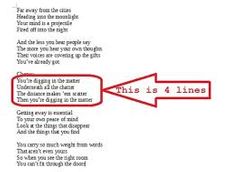
lyric
|
Using the letter Y as a vowel, the sound must be /ɪ/
lyric /ˈlɪr.ɪk/ |

candy
|
If the letter Y is at the end of the word and this one is polysyllabic, the sound will be /i/
candy /ˈkæn.di/ |

cry
|
If the letter Y is at the end of the word and this one is monosyllabic, the sound will be /kraɪ/.
cry /kraɪ/ |
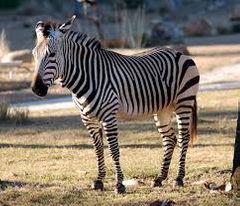
zebra
|
The letter Z will always have the /z/ sound.
zebra /ˈziː.brə/ |

jeans
|
The letter J will always have the /dʒ/
jeans /dʒiːnz/ |